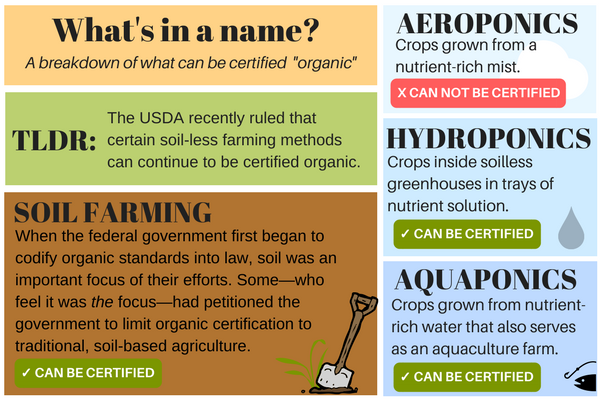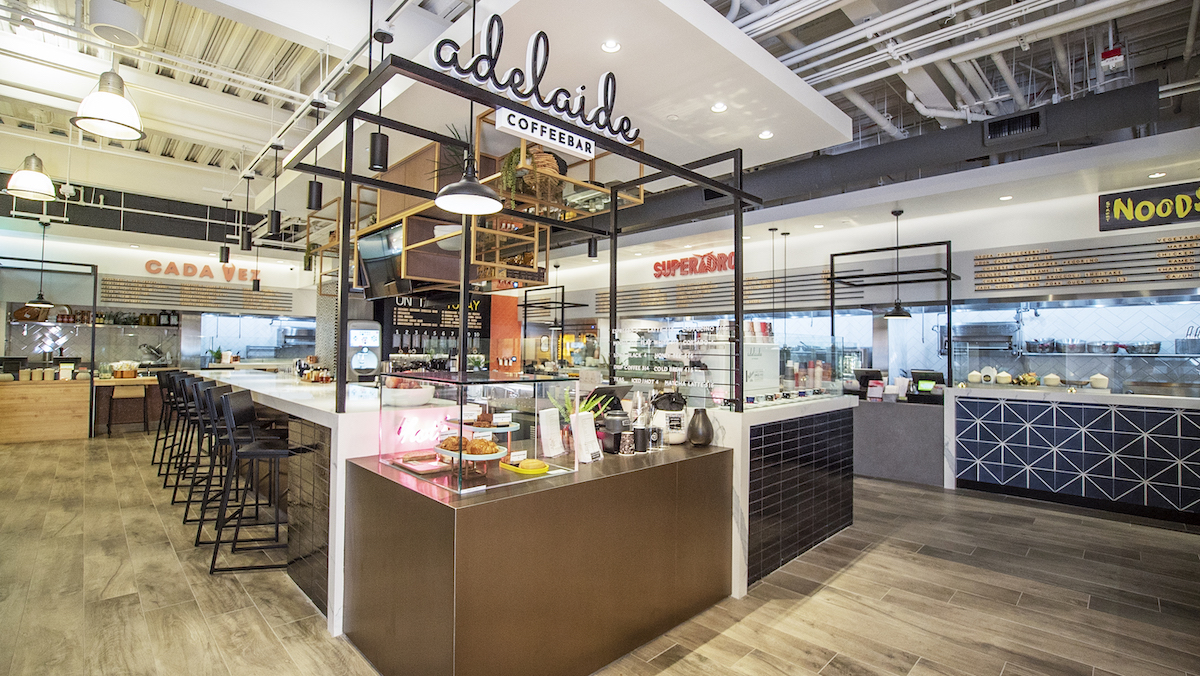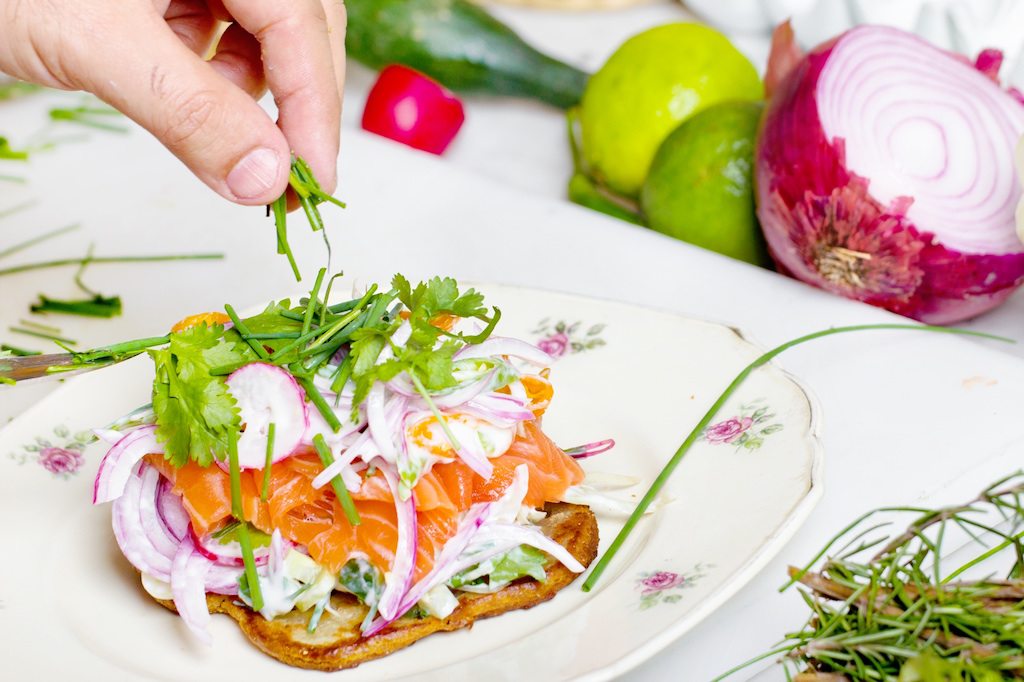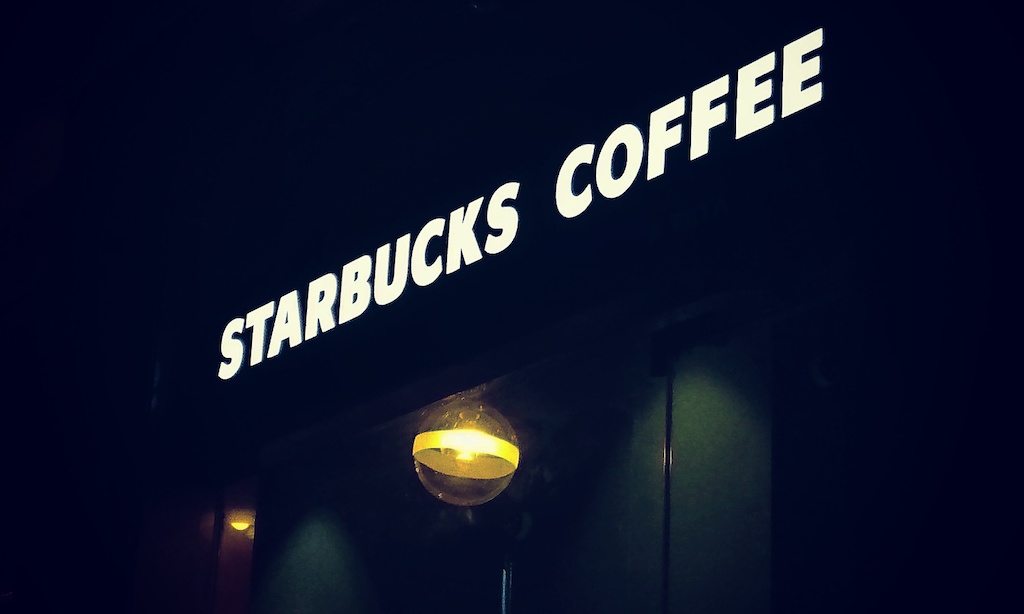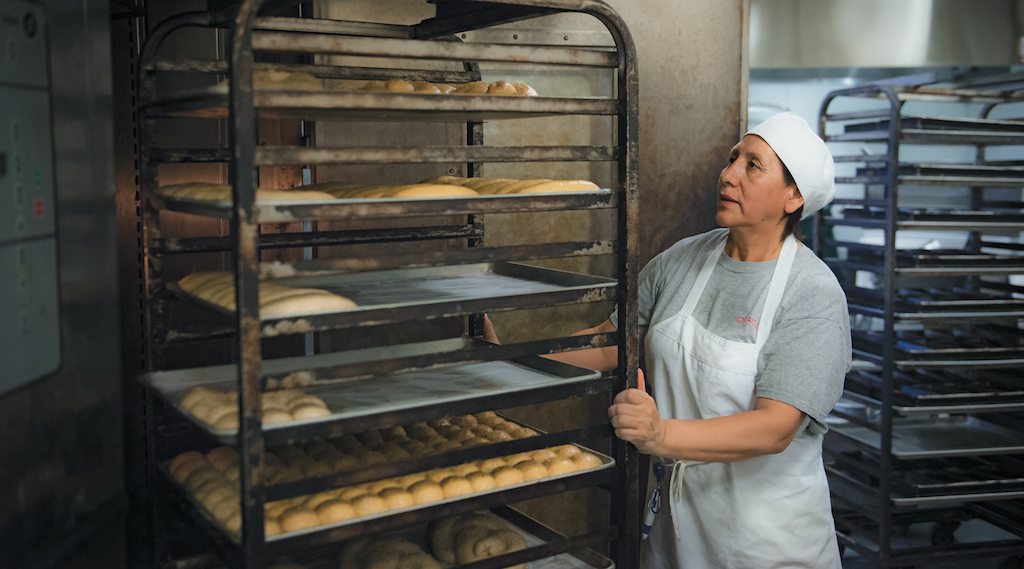
Hot Bread Kitchen
From the start, Jessamyn Waldman Rodriguez’s goal for Hot Bread Kitchen was to help women open their own food businesses, with retail sales that subsidized their job training. The combination of social service, confidence raising, and rising dough has captivated anyone who knew Rodriguez when she was sharing kitchen space in Queens –where I first heard about her.
The shared Queens kitchen was an outgrowth of a business Rodriguez had begun in the summer of 2007 in her Boerum Hill, Brooklyn apartment with a group of women, testing which breads would sell at farmer’s markets. Stone-ground corn tortillas were early hits, as were the lavash and flatbreads.
Hot Bread Kitchen was a semi-accidental combination, but a logical outgrowth, of the ten years Rodriguez spent on immigration policy analysis and social justice, much of it in United Nations-related programs, and the training she underwent when earning a master’s degree in public administration. Working with immigrant women and helping them learn the skills that would get them jobs, she decided, would help individuals in a way policy analysis would not.
Rodriguez, a dedicated home baker, recognized bread as a common language women could speak. She earned a master baking certificate at New York City’s New School, worked as a baker at the restaurant Daniel, she says, as the first woman in the baking department – something she would change when she convinced Mark Fiorentino, then the head baker at Daniel, to hire Hot Bread Kitchen graduates.
With Queens as her proof of concept, Rodriguez answered a request for proposals for an incubator kitchen at La Marqueta, a longstanding market under an elevated train in the upper reaches of Manhattan’s Upper East Side and the lower reaches of East Harlem, which the city wanted to revive. Her proposal won, and Hot Bread Kitchen crossed the bridge in 2011. The smell still greets most visitors to the tiny retail space with a handful of tables that serve as an informal meeting room for the staff, and where Rodriguez recently greeted me to show me the new adjoining incubator space across a back driveway, along with the core bakery, oven space, and classroom.
A recipe from Rodriguez’s new cookbook, Hot Bread Kitchen: Artisanal Baking from Around the World
Not just women but men too kneaded dough and unloaded racks of rolls and golden challahs – challah and various Sephardic variations have taken off in the new location. The incubator space is newly vast, and hummed with purpose. It and the classroom adjoining the kneading and proofing room are the heart of the enterprise –the reason funders give her organization the non-profit grants. (Never enough, the never-ending story of nonprofits.) But it is the breads that make Hot Bread Kitchen a true social enterprise, and that allow so many women to be trained. Sales account for nearly 70 percent of its operating budget, a figure Rodriguez naturally wants to increase in order to be self-sufficient. That means producing breads whose quality and taste have to speak for themselves, completely apart from the mission. [expandable_content id=”0″] A beautiful picture book with recipes can spread that message, and what Rodriguez wanted to talk about was her newly published The Hot Bread Kitchen Cookbook: Artisanal Baking From Around the World. It’s an impressively large-scale volume full of tempting photographs of ethnic breads, but mostly a collection that shows the international scope of the women who have come through HBK’s programs and the edible mark they have made–a mark readers who live beyond Hot Bread Kitchen’s delivery area can now make in their own kitchens and for their own families.



